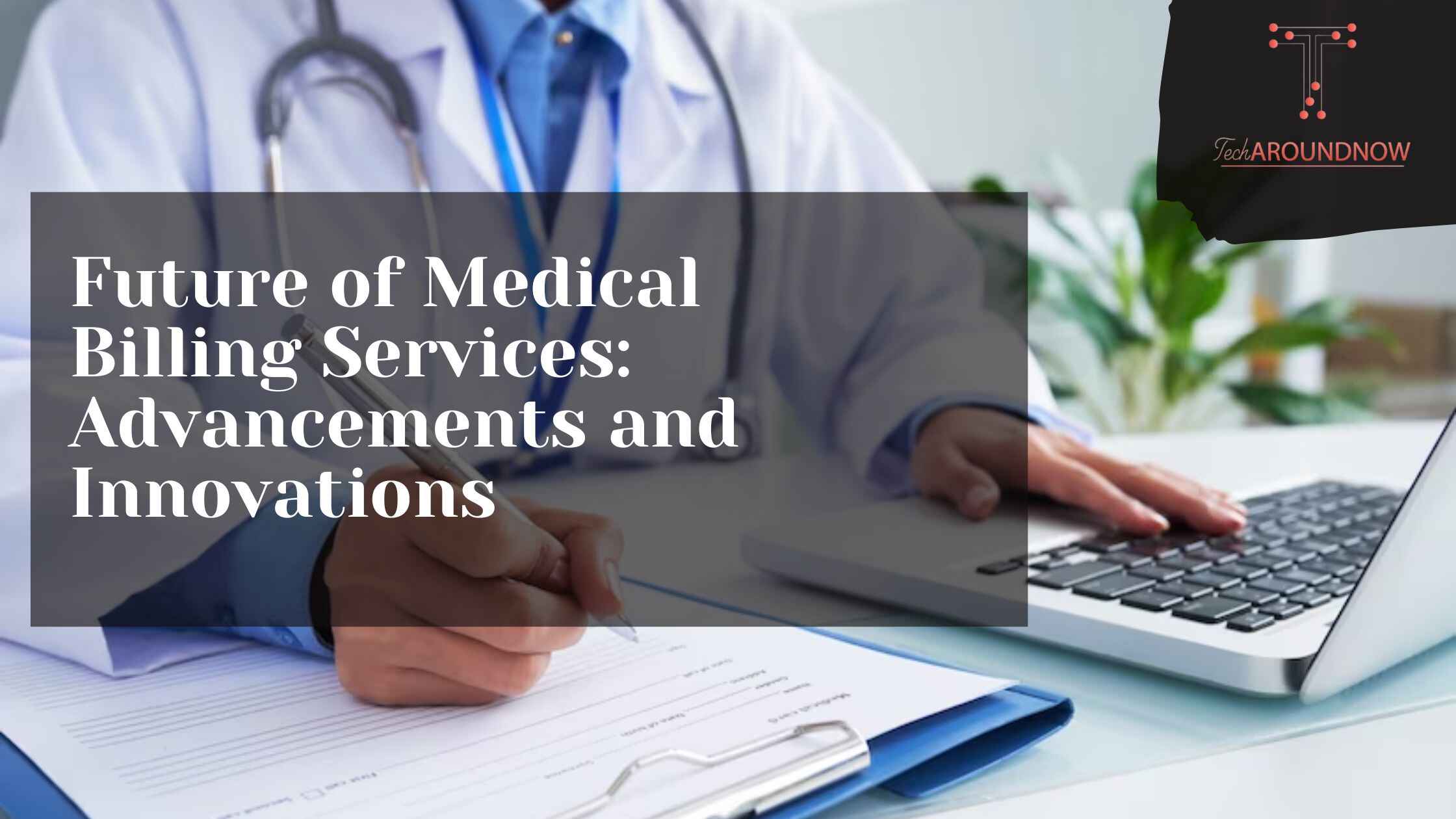To keep up with the changing needs of patients and healthcare professionals, the field of medical billing is rapidly growing. Several changes will fundamentally alter how medical billing systems operate in 2023. The effectiveness, accuracy, and standard of patient care linked with medical billing operations will all be strongly impacted by these changes.
Examining the top five worldwide medical billing trends that will revolutionize the healthcare sector as we move into 2023 is crucial. You can find any flaws in your practice and fix them to increase revenue generation this year by becoming familiar with and understanding these current trends.
The Influence of Emerging Technologies
The effect of new technology on medical billing is expected to be significant by 2023. . Among these technologies, artificial intelligence (AI) stands out as being particularly promising. AI-driven billing software can be very helpful in increasing accuracy by spotting billing errors and discrepancies. This ensures more accurate billing while accelerating the payment process. Additionally, AI can assist with claim submissions and appeals, reducing the workload on billing employees.
A new technology called blockchain has a lot of potential for enhancing the security and openness of medical billing. By establishing a decentralized database, blockchain technology can improve the security of medical billing systems, lower fraud, and streamline payment procedures.
The development of telemedicine is also projected to revolutionize medical billing by 2023. Telemedicine has become increasingly popular, especially since the COVID-19 pandemic.
Autonomous Coding:
The healthcare sector, like many others, was severely affected by the Covid pandemic, which resulted in an 80% reduction in operating margins from pre-pandemic levels. These figures show how urgently healthcare billing services require automation technology to save costs and increase profitability.
Manual coding typically takes 5 to 6 days to complete. Implementing automated coding procedures, on the other hand, can complete the task in less than 24 hours, enabling healthcare practices to increase their operational capacity and speed up payment for services provided. This considerable decrease in claim submission and reimbursement times enables more seamless financial recovery during trying times.
Automated coding also ensures timely filing of claims by dramatically reducing coding errors and speeding up billing processes. Automation thus boosts Revenue Cycle Management (RCM) and eliminates revenue loss, enhancing the organization’s ability to develop and survive financially.
Examining the Underpayment Challenge:
Underpayment issues plague many medical practices, and addressing them with in-house staff can prove to be quite daunting. A prominent trend that has emerged in recent years and will continue to gain traction involves partnering with knowledgeable medical billing companies, such as 24/7 Medical Billing Services, to tackle the underpayment predicament.
These partnerships entail a thorough analysis of the factors contributing to underpayment and other revenue-reducing issues within the practice. Key Performance Indicators (KPIs) are established to provide an accurate assessment of the facility’s performance and a roadmap for rectifying shortcomings in the medical billing process. Collaborating with 24/7 Medical Billing Services eliminates the need to train in-house billing staff, thus reducing overhead costs while benefiting from the expertise of experienced professionals dedicated to maximizing revenue.
By entrusting their medical billing to reliable partners, healthcare facilities can alleviate the burden of underpayment concerns, streamline operations, and optimize revenue generation.
Elevated Emphasis on Patient Experience:
Patient experience has gained paramount importance in the realm of healthcare delivery. Patients now anticipate increased transparency, convenience, and personalization throughout their healthcare journey. Medical billing is no exception, and healthcare providers must prioritize ensuring a positive billing experience for their patients.
Simplifying the billing process serves as an effective strategy to enhance the patient experience. By simplifying the billing process, confusion and frustration can be minimized for patients. Healthcare providers can employ plain language and visual aids to aid patients in better comprehending their bills.
Furthermore, offering multiple payment options is another strategy that can significantly boost patient satisfaction. Healthcare providers can provide online payment options, flexible payment plans, and automated payment options to enhance the overall patient experience. These options empower patients with convenient choices, enabling them to settle their bills more efficiently.
By focusing on improving the patient experience in the realm of medical billing, healthcare providers can foster stronger patient relationships, increase satisfaction levels, and create a more patient-centered healthcare environment.
How to Stay Updated with Trends and Innovations in Medical Billing Services
In order to stay abreast of the ever-evolving trends and innovations in the healthcare industry, it is crucial for medical billing outsourcing services or coding specialists to follow these best practices:
Simplify Billing:
Strive to create error-free and patient-friendly bills, which can significantly reduce processing time for the Accounts Receivable (AR) department. Leveraging Artificial Intelligence (AI) can streamline the billing process, enhancing efficiency and accuracy.
Assign Trained Staff to Payer Reimbursement:
Effective Revenue Cycle Management (RCM) necessitates the allocation of well-trained personnel to handle payer reimbursement tasks. Having dedicated resources for RCM enables smooth handling of patient billing, cash collection, payer communication, contract analysis, and account management.
Ensure Claim Accuracy:
Claims that contain errors and require resubmission consume valuable time that could be better utilized in patient care. Automating the coding process helps eliminate human errors, allowing more time to focus on essential tasks.
By implementing these practices, medical billing professionals can stay updated and adapt to the latest trends and innovations in the field. This not only enhances operational efficiency but also contributes to improved patient satisfaction and overall revenue management.
In Conclusion
Medical billing plays a vital role in the healthcare industry, ensuring accurate reimbursement for medical claims and the sustainability of healthcare organizations. As the sector continues to evolve, new trends and technologies are reshaping the landscape of medical billing.
By partnering with Practolytics medical billing services, healthcare clinics can benefit from the expertise of experienced professionals without the need to train in-house coding and billing staff. This partnership not only reduces overhead costs but also provides specialized services to optimize revenue generation.
Embracing these advancements in medical billing will contribute to the overall success and growth of healthcare organizations, enabling them to navigate the ever-changing landscape of reimbursement with ease.
TechAroundNow is a blogging website that centers on the latest technology and marketing innovations and trends, aimed at assisting individuals and businesses across the globe since 2021. TechAroundNow continues to serve as a reliable source for staying up-to-date with the ever-evolving landscape of technology and marketing, ultimately fostering growth and success in the digital era.


